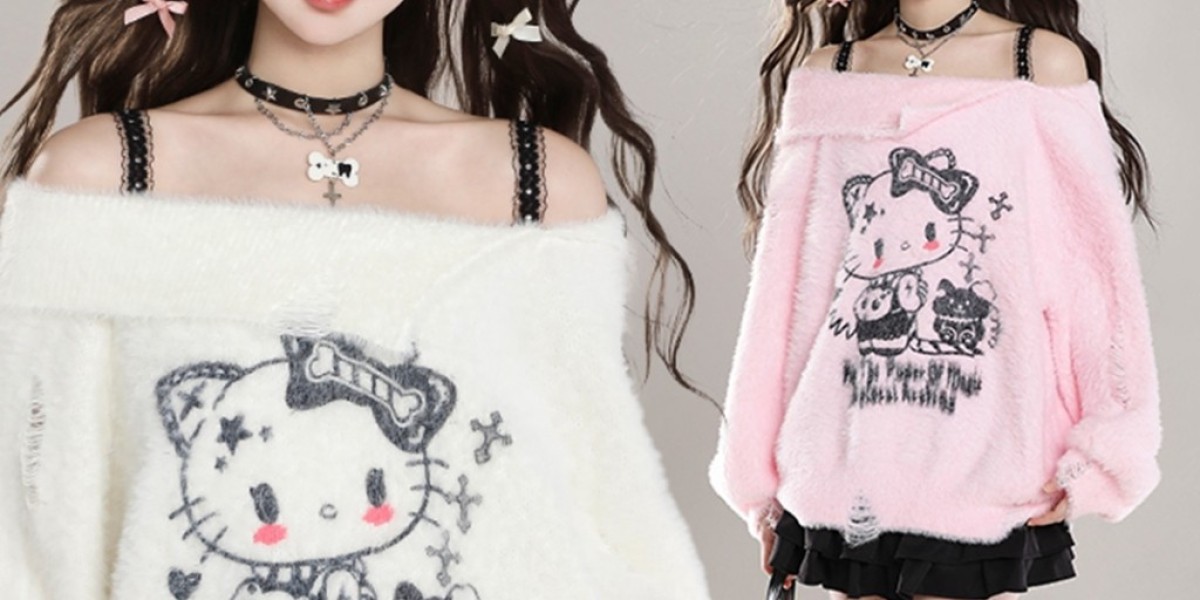Introduction
In recent times, the style world has seen a surge in recognition of kawaii pastel outfits. Recognized for their soft and delicate hues, these outfits are often characterized by their playful and cute aesthetic. The time period "kawaii" originates from Japanese culture and refers back to the idea of lovable, adorable, or cute. Pastel colours, then again, are mild and airy tones that invoke emotions of calm and tranquility. This paper aims to explore the rise of kawaii pastel outfits in the trend business, as effectively because the psychological impression they have on individuals who put on them.
The Rise of Kawaii Pastel Outfits
The popularity of kawaii pastel outfits will be traced back to the rise of the kawaii tradition in Japan within the 1970s. This pattern was characterized by a deal with cuteness, innocence, and childlike qualities in each trend and common tradition. The kawaii aesthetic shortly spread to other parts of the world, influencing every thing from art and music to fashion and sweetness. In recent years, kawaii pastel outfits have grow to be a staple in the wardrobes of many style influencers and fans.
Certainly one of the key causes for the popularity of kawaii pastel outfits is their ability to evoke emotions of nostalgia and happiness. The delicate, pastel colours often utilized in these outfits are harking back to childhood recollections and evoke a sense of innocence and joy. In a world that is more and more fast-paced and nerve-racking, wearing kawaii pastel outfits can present people with a way of consolation and escapism.
Psychological Influence of Kawaii Pastel Outfits
Analysis has proven that the colours we wear can have a significant impact on our temper and feelings. Pastel colours, in particular, have been discovered to have a calming impact on people, serving to to scale back stress and anxiety. When it comes to kawaii pastel outfits, the mix of cute and playful designs with delicate, pastel colours can have a twin influence on one's psychological properly-being.
The kawaii aesthetic is often associated with feelings of positivity and happiness. By sporting kawaii pastel outfits, people can harness these optimistic feelings and project them to the world round them. This may also help increase one's vanity and confidence, as well as create a sense of connection with others who share related style in fashion.
Furthermore, wearing kawaii pastel outfits can be a type of self-expression and creativity. The playful and whimsical designs usually seen in kawaii trend allow people to experiment with totally different styles and create unique appears to be like that replicate their personality. This may be empowering and liberating, as it provides people the liberty to precise themselves in a method that feels authentic and true to who they are.
In addition to the psychological benefits of sporting kawaii pastel outfits, there might even be social advantages. Research has proven that the clothes we put on can affect how others understand us and might affect our interactions with them. By sporting kawaii pastel outfits, people may be perceived as extra approachable, pleasant, and likable, which may result in extra positive social interactions and relationships.
Conclusion
In conclusion, kawaii pastel outfits have grow to be a well-liked trend in the style world, thanks to their cute and playful aesthetic. These outfits should not only visually appealing however even have a positive influence on one's psychological nicely-being. By evoking emotions of happiness and nostalgia, kawaii pastel outfits can help cut back stress and anxiety, boost self-esteem and confidence, and facilitate constructive social interactions. As the recognition of kawaii pastel outfits continues to grow, it is evident that this development is greater than just a passing fad – it is a reflection of our innate want for joy, creativity, and connection.








